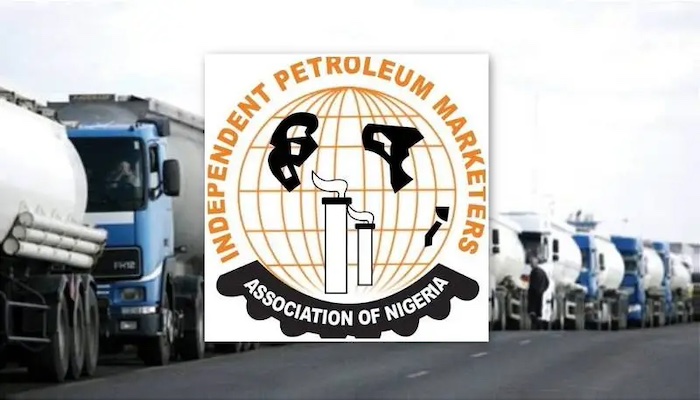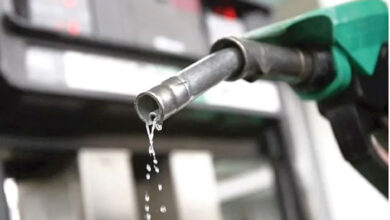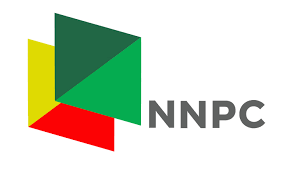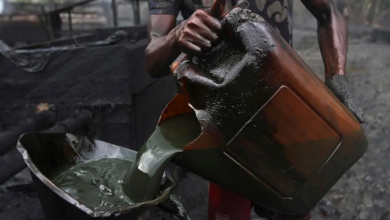Petroleum Marketers Explain Why Fuel Queues Persisting in Abuja

Photo/Story Credit: arise.tv
The long fuel queues in Abuja and environs continued at the weekend, with many filling stations still shut, while the few that had the product sold for as high as N700.
But petroleum marketers blamed transportation ‘logistics’ for the disruption in supply, stressing that the problem was currently localised to Abuja and parts of the north due to the inability of fuel tankers to have unimpeded movement to the affected areas.
National President of the Independent Petroleum Marketers Association of Nigeria (IPMAN), Abubakar Maigandi, told Arise Television, THISDAY’s broadcast arm at the weekend that although there was availability of the product, getting it to Abuja and surrounding states was becoming difficult.
He stressed that the hiccups experienced by drivers the previous week, due to bad road conditions were responsible for the scarcity in Abuja and a number of other states in the north.
His position also aligned with that earlier expressed by the Executive Secretary of the Major Energy Marketers Association (MEMAN), Clement Isong, who blamed the development on supply chain disruption.
He said the recent rainfall across the country, especially in Lagos, made it difficult for trucks to lift products, saying there was a thunderstorm at the depots.
Maigandi stated that ex-depot prices had also hit N715 , compared to previously lower prices that IPMAN members bought the product.
“That is why you have been seeing that in Lagos there is no queue, it’s only in Abuja. And that one is because of the logistics challenges in terms of transportation from Lagos to Abuja,” Maigandi assured.
However, the long queues have continued unabated, from the NNPC mega station on the Gwarimpa axis of the Zuba-Kubwa Expressway to Conoil and Total filling stations directly opposite the headquarters of the national oil company in the Abuja city centre as well as Salbas filling station at the Dei-Dei end of the Zuba-Kubwa expressway.
On Sunday in Zone 1, Conoil, as well as Total filling stations opposite the NNPC headquarters in Abuja, did not have the product. It was the same story at NNPC, Mabushi, Zuba, Niger State at AYM Shafa, NNPC outlet on Arab Road, Kubwa, Nyanya, Nasarawa State, among others. The situation was the same at stations owned by AA Rano, Mobil, NIPCO, and Ardova Plc.
While the NNPC Mega Station still sold petrol for N617 per litre, but with queues over one kilometre, roadside black marketers were seen making brisk business, with some stations like A.A. Rano and NipCo selling for as high as N690 per litre.
Black marketers sold petrol in 10 litre plastic containers for between N10,000 and N11,000, while fuel queues around the Jabi, Lugbe and Kubwa areas were crowded out.
Opposite the headquarters, black marketers were selling a litre for N1,000, while some NNPC acquired stations along the Kubwa expressway had no fuel.
“The masses should not panic in buying because sometimes if there is any small distance, you will see people will start panicking. So actually there is product. What I mean by logistics problem here is that when we buy the products, we have to transport them from Lagos and it’s by road.
“So whenever there is a small cut-off, no matter how small it is, like in Abuja here, they must be affected because the consumption is so high,” Maigandi stressed.
He stated that although the roads are better now compared to the recent past, a lot of work still needed to be done.
Nigeria’s over 5,200 kilometres of pipelines are largely decrepit due to either old age or vandalism. Contrary to what happens in other parts of the world, Nigeria transports its petroleum products by tankers, which add to the cost of the product before getting to the pumps.
“If these depot owners hike the price, we too, independent petroleum marketers, have no choice because we normally get almost 70 per cent of the product through them. So, we have to add a margin to see that we can be able to get a small profit.
“Like the private depot owners presently, they are selling this product at the rate of N715 in Lagos. So we marketers, when they buy this product at the rate of N715, we have to add our transportation cost. By the time you add the transportation cost, then you have to put a small margin and sell your product,” Maigandi stated.
According to him, negotiations are currently ongoing with the NNPC and Dangote refinery to get products directly from them instead of going through middlemen.
“We are still in contact with the Dangote refinery, right from the time he started selling this diesel. So actually what we told him is that we want to start buying directly from him, instead of telling our members to go and buy through the multinational companies or to buy through the private depots.
“So we have said that he should try and allocate certain product to us so that we can be able to buy directly because buying directly through him is just like getting a lower rate. So when we get a lower rate, then we discharge in our filling stations and sell at a lower rate to the masses,” he said.
Source: arise.tv





